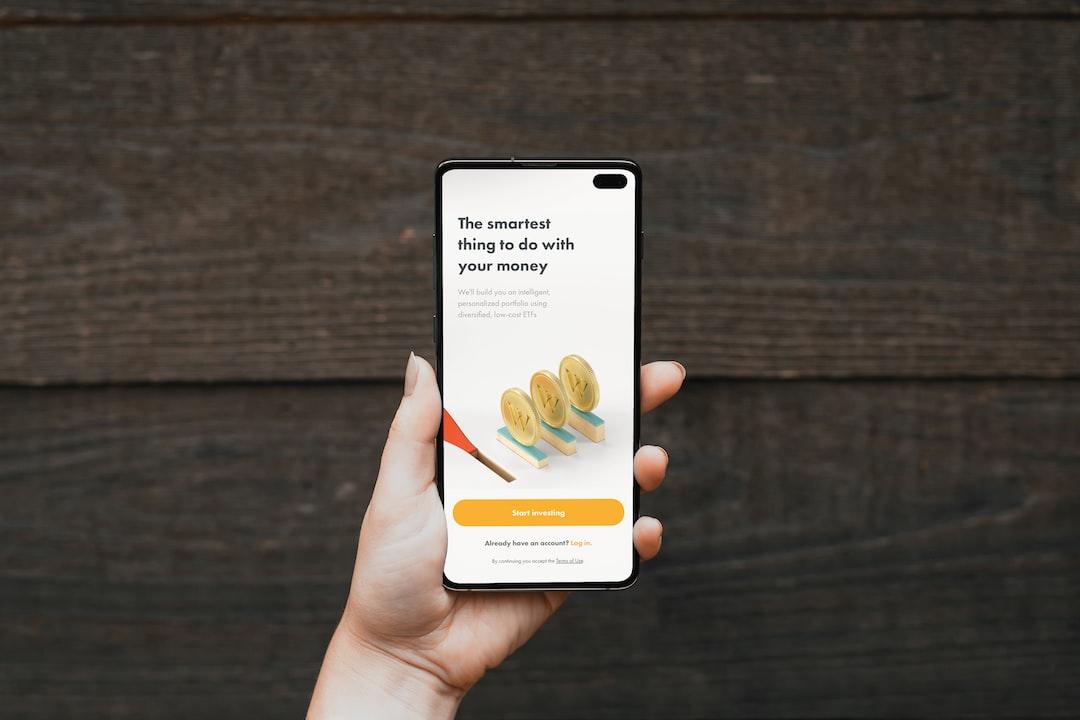Digital New Taiwan Dollar Survey: 45% Concerned About Keeping Transaction Records
As digital assets continue to enter the public eye, the International Monetary Fund (IMF) reports that over a hundred countries worldwide are studying the issuance of Central Bank Digital Currencies (CBDC). Taiwan’s central bank has been researching the possibility of a “Digital New Taiwan Dollar” since 2019 and recently released the results of an outsourced questionnaire survey.
The so-called Digital New Taiwan Dollar is essentially a digital currency that can be used for electronic payments and holds the same value as physical New Taiwan Dollar notes and coins.
Currently, countries such as Japan, the Eurozone, and the United Kingdom are still in the concept verification or prototype construction stage, while China and Thailand have already entered the pilot phase.
Taking China’s Digital Renminbi as an example, pilot testing has been initiated in Shenzhen, Suzhou, Chengdu, and the 2022 Winter Olympics venues since 2019. China Construction Bank has added the “Digital Renminbi Wallet” feature to its mobile banking client, allowing users to directly apply for a digital Renminbi wallet and perform functions such as payment, receipt, scanning, and transfer.
The usage method is similar to regular mobile payment methods, where users can make payments by scanning a QR code with their camera. Users can also swipe up to make payments, swipe down to receive payments, and convert physical cash into digital Renminbi.

Central Bank Digital New Taiwan Dollar Survey Results
Taiwan’s central bank has completed two stages of research trials for the Digital New Taiwan Dollar and is currently in the prototype construction stage. The central bank conducted an outsourced questionnaire survey in April 2023, which was completed in April 2024. The survey included the general public, industry financial institutions, payment service providers, virtual asset operators, government agencies, and relevant experts from the academic community.
How do the public perceive it?
According to the central bank’s report, the general public (citizens, store owners, street vendors) has a low awareness of the Digital New Taiwan Dollar. However, if awareness and understanding are increased, the willingness to use it will significantly improve.
Currently, 73.8% of respondents stated that they “use both cash and non-cash methods,” while 25% of respondents stated that they “only use cash” based on habit or preference.
Among them, 45.2% of the public expressed concerns about leaving transaction records with the Digital New Taiwan Dollar. However, if there is international cybersecurity certification or if the government only accesses data under legal circumstances or for tracking illegal activities, over 70% of the public believe that this would alleviate their concerns.

How do industries and experts perceive it?
Financial institutions, payment service providers, and virtual asset operators have a higher level of awareness compared to the general public. However, over 70% of grassroots financial institutions express concerns about the potential impacts of the Digital New Taiwan Dollar, especially the potential weakening of the financial intermediary role and the increase in funding costs or liquidity risks.
However, if there are viable business models or accompanying measures, these concerns may be further reduced.
As for the current design plans for the Digital New Taiwan Dollar by the central bank, which include initial non-interest-bearing features but with interest-bearing capabilities and different wallet balance limits based on identity verification levels, most industry players find them acceptable.
How does the government perceive it?
Most government agencies believe that introducing the Digital New Taiwan Dollar would have positive benefits for their respective duties.
Over half of the government agency respondents believe that foreign nationals should be allowed to apply for a Digital New Taiwan Dollar wallet when visiting Taiwan, with accompanying measures such as identifying their foreign status, restricting usage to within the country, and setting lower maximum amounts compared to local users to prevent illegal activities such as money laundering or fraud using anonymous wallets.
Does Taiwan have the opportunity to issue a Digital New Taiwan Dollar?
The central bank stated that it would review and revise the preliminary framework and design of the Digital New Taiwan Dollar based on the results of the outsourced questionnaire survey. It also plans to hold multiple public hearings, briefings, or forums to engage in more extensive and in-depth exchanges and communications with stakeholders to enhance public awareness of the Digital New Taiwan Dollar.
At the same time, the central bank will continue to gather information on the legislative developments and practices of major countries regarding Digital New Taiwan Dollar and discuss relevant legal frameworks. It will also reconsider and evaluate whether to implement pilot projects based on the maturity of international technologies and the actual needs of the public.
Additionally, since remote areas and vulnerable groups still rely more on cash payments, when promoting the Digital New Taiwan Dollar, cash issuance will still be maintained to accommodate market and public demands.
Regarding concerns about privacy and personal data usage raised by some individuals, scholars suggest using technologies such as multi-factor identity verification (MFA), zero-trust mechanisms, and digital signatures to enhance cybersecurity. For privacy protection, they recommend using zero-knowledge proofs (ZKP) and differential privacy techniques.
The central bank also stated that it would continue to study data management systems, establish clear data usage scopes, and strengthen privacy protection mechanisms and cybersecurity technologies to enhance public trust and alleviate concerns.
The research and promotion of the Digital New Taiwan Dollar are important measures for Taiwan’s central bank to adapt to the development of the times. Through extensive surveys and exchanges, a better understanding of the needs and concerns of the public and industry can be achieved. Whether the Digital New Taiwan Dollar will be issued in the future and when it will be issued is worth continuing to observe.

